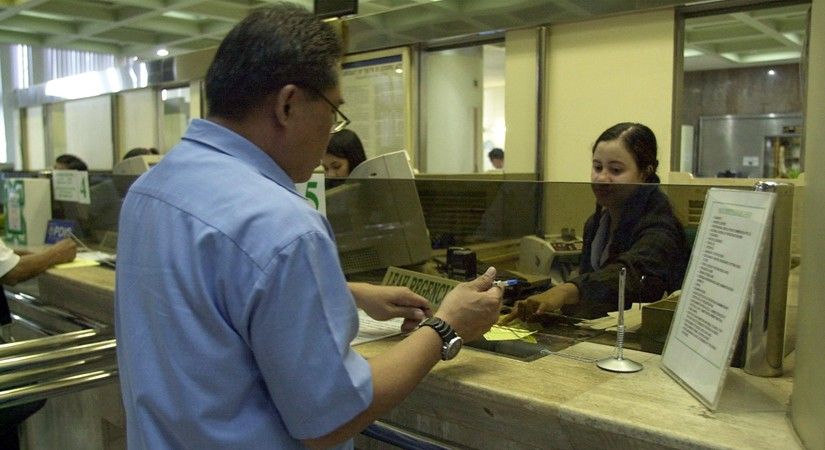Further cuts in RRR expected

MANILA, Philippines — The decision of the Bangko Sentral ng Pilipinas (BSP) to cut banks’ reserve requirement ratio (RRR) may provide the much needed boost to the economy which showed signs of slowing down in the first quarter, according to private economists and bankers.
Euben Paracuelles, economist at Nomura Securities Ltd., said the 200-basis point reduction in the RRR has a generally positive effect on the economy.
“This is not too far off from our initial expectation of 100 basis points of cuts each quarter, which means that the BSP is merely frontloading its liquidity injection to immediately address tight domestic liquidity. This is overall a positive thing,” Paracuelles said.
The reduction in the RRR level to 16 percent by July 26 came on the heels of the central bank decision to cut interest rates by 25 basis points last May 9 as inflation eased to a 16-month low of three percent in April , while the gross domestic product (GDP) growth slowed down to a four-year low of 5.6 percent in the first quarter from 6.3 percent in the fourth quarter.
“As we have previously noted, the impact of the BSP’s 25 basis point policy rate cut on May 9 is largely blunted by the fact that banks do not have enough liquidity to significantly raise lending and spur domestic demand,” he said.
Paracuelles said the BSP seen slashing the RRR level by another 100 basis points as well as benchmark rates by another 25 basis points before the end of the year.
HSBC economist Noelan Arbis said slowing money supply growth has been in place for some time and needed a significant response from the BSP.
“We think the pace of the cuts could also be accelerated, given BSP’s new charter which allows it to issue its own debt instruments as a tool for monetary operations, in addition to the term deposit facility to absorb excess liquidity under its interest rate corridor framework, as we have argued previously,” Arbis said.
HSBC sees no further cuts in RRR this year, but expects another 25-basis point cut in interest rates by the third quarter.
Security Bank chief economist Robert Dan Roces said the RRR cut is positive for economic growth as domestic liquidity and aggregate demand would be augmented, especially in light of the disappointing first quarter GDP growth performance.
Roces said the gradual RRR cuts is estimated to inject approximately P200 billion into the financial system, causing the peso to face stronger depreciation pressures with more money circulating in the economy.
A sharper peso depreciation, Roces said, could stoke inflationary pressures. “Nevertheless, the staggered implementation seeks to arrest this tendency. As the RRR cuts are done in a gradual, managed nature, its end goal will be to bring down financial intermediation costs, as well as orienting monetary instruments to become more market-based, thereby leading to better credit growth that goes into capital formation and consumption,” Roces said.
Meanwhile, the Bankers Association of the Philippines (BAP) said the reduction of the RRR to 16 percent from 18 percent is a complementary boost to economy with inflation slowing down to a 16-month low.
BAP president Cezar Consing said the move recognizes the BSP’s effectiveness in strengthening the country’s banking system.
“It is a bold move, coming on the heels of a policy rate cut, but equally appropriate given how our financial system has advanced under the BSP’s stewardship,” he said.
Consing, who is also president and chief executive officer of Ayala-led Bank of the Philippine Islands (BPI), said the association is confident the RRR reduction, together with easing of policy rates, would sustain the country’s growing economic momentum.
BSP Governor Benjamin Diokno told a forum organized by the Italian Chamber of Commerce in the Philippines the central bank would closely look at how banks would use the additional funds freed up by the RRR cut.
“Proper use will encourage further cuts, while speculation will do otherwise,” Diokno said.
The Monetary Board was originally looking at four 50 basis point cuts, but decided to be more aggressive starting with a 100 basis point cut on March 31 followed by 50-basis point cut on June 28 and another 50 basis points on July 26.
- Latest
- Trending


































